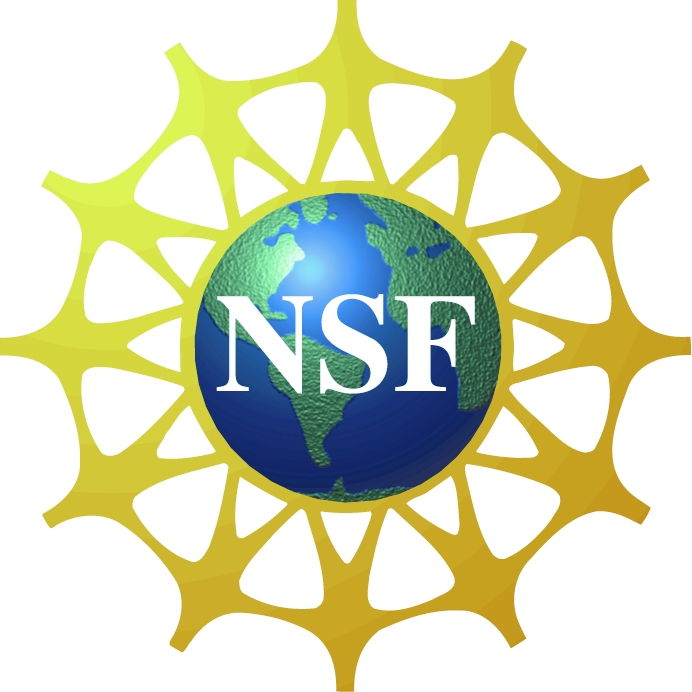NSF Grants DUE-1432438 and DUE-1432257:
Project Summary
Overview:
Project Overview. In this project, we propose to develop materials that will support a flipped classroom approach to an introductory course in Data Science. It is a response to two needs: First, the very limited quantitative and rigorous qualitative research on flipped classrooms which is in contrast with the current hype about flipped learning. Second, the need to educate a quantitative literate populace, coupled with the growing importance of data science for building up a competent workforce. In addition to addressing the current lack of instructional materials for teaching Data Science at the undergraduate level, our proposal targets the lower level undergraduate education by aiming to develop a self-contained course, namely, a course without prerequisites. More specifically, the primary goals of this project are:
- To define the base content for an introduction to data science that does not rely on previous courses, including well-defined learning goals.
- Using results of educational research on the benefits and limitations of the flipped classroom approach, to prepare materials for the introduction to data science in flipped classroom mode that align with proposed course learning goals.
- To evaluate the transferability of learning materials and modules for integration into other curricular settings.
- To support the use of student-centered and student-led learning in diverse classroom settings.
- To document the challenges associated with the development and application processes involved in the design of new flipped classroom courseware.
Intellectual Merit:
Despite some encouraging reports about flipped teaching, more evidence is needed to assure educators that this is an effective teaching strategy that promotes student learning especially in data science context. In this aspect:
- The proposed project will contribute to the empirical data about the value of flipped classrooms in terms of student engagement and performance in Data Science context.
- The results of the project activities will deepen the understanding of the flipped classroom model by applying the existing practice to new domains with diverse student population.
- It will also enrich the current experience of developing and delivering flipped content.
- The merit of this project lies also in addressing the need to increase student’s understanding of the role that data plays across the sciences as well as to familiarize them with the technologies and methods associated with data science.
Broader Impacts:
In the long term this project will have an impact on a broad category of graduates, not restricted to specialists in computer science and statistics. By creating learning materials and faculty expertise in teaching Data Sciences as an entry-level course to undergraduate students in flipped format our project will lower the barriers for adoption of similar courses by other universities and thus will increase the computational and quantitative skills of a growing mass of graduated specialists. This project also extends its impact to underrepresented groups by involving a significant proportion of African Americans in Data Science education as part of the project activities and beyond the project life time.
The material in this site is based upon work supported by the National Science Foundation under Grants DUE-1432438 and DUE-1432257. Any opinions, findings, and conclusions or recommendations expressed in this material are those of the author(s) and do not necessarily reflect the views of the National Science Foundation.

